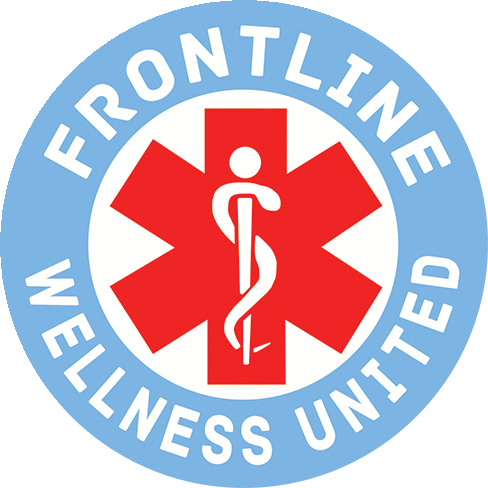by Joel Preston Smith
The U.S. State Department just cut funding for refugees by $300 million. It says relief programs 'prolong the status of refugees.'
Apparently by feeding them & providing medical treatment. When they're dead they're no longer refugees. They get reclassified into a status category that appears, over time, to signify there are less and less refugees globally (and that signals that the world must, in fact, be 'improving').
The name of that category? DECEASED
Those cuts were directed specifically at Palestinian humanitarian aid. A question a reasonable person would ask: At what point in being persecuted, singled-out for repression, imprisoned, starved and killed does a people, or a community decide that the only way they'll survive is to pick up a gun and shoot back?
When the U.S. denies aid to any class of people suffering from the consequences of U.S. military aid to people who are trying to eradicate that class of people, this is called support for terrorism. And further justification, of course, for further militarization, which is further support for recruiting terrorists.
The U.S. Council on Foreign Relations notes, "President Donald J. Trump's budget blueprint for 2018 calls for deep cuts to foreign assistance programs, raising pointed questions about the role the United States should play around the world."
In "Addressing the myths surrounding U.S. foreign aid," PBS uses 2015 data to compare foreign aid spending by the U.S. relative to other nations. Americans like to think of themselves as hugely generous toward developing nations, but Western European nations far outstrip U.S. spending as a percentage of Gross Domestic Product (and other indicators).
Those who subscribe to the generosity myth typically cheerlead about the dollar amount of U.S. foreign aid delivered annually. But, again, compared to other nations, it's like a billionaire dropping a dollar in the pocket of a penniless refugee and getting the warm fuzzies about his do-gooderism.
The PBS story notes, "In 1970, the United Nations General Assembly agreed that 'economically advanced countries' would aim to direct at least 0.7 percent of their national income to ODA. Although developed countries have repeatedly mentioned this target in agreements and at summits since then, very few countries have reached that goal. In 2015, only six countries met the 0.7 percent target. The OECD average is just 0.3 percent – almost twice the 0.17 percent the U.S. provides."
And now the acronym-free version: while slapping themselves on the back for generosity, Americans (via taxes) donate less than half the average percentage of aid donated by peoples of other nations.
Retired General Jim Mattis, secretary of defense, is quoted as saying, “If you don’t fully fund the State Department, then I need to buy more ammunition,” which we (mistakenly? wishful thinking?) translate to mean 'if the U.S. doesn't adequately deliver humanitarian aid, we're going to get more deeply embroiled in war.'
Why then openly admit that not helping developing nations leads to conflict ... and cut aid to them? Why, in particular, cut humanitarian aid to Palestinians? Wouldn't that be an indirect means of fueling terrorism? Perhaps to justify further military spending?
Fully 35 percent of U.S. 'foreign aid' in 2015 was for military equipment and training of state-security forces in nations such as Egypt, which severely restricts free speech, and Israel, currently in violation of at least 45 humanitarian rights protocols, according to the United Nations Human Rights Council.
So while the U.S. provides a tiny sliver of aid compared to other nations, once you weed out the bombs, guns and tanks classified in the same bleeding-heart category rice and wheat fall into, it's clear that we do relatively little to actually minimize suffering abroad.
This is foolish, because it undermines global peace and foreign relations, leads people to seek violence as a means of ending their suffering, or seek revenge for the U.S. having provided military aid to oppressive governments, and it results in the deaths of U.S. servicemembers who, as a consequence of the suffering we do not address, are then sent to prop up failing states or attempt to crush terrorist groups.
It is far wiser, far more ethical, far more fiscally sound to feed and shelter people than to turn our backs on them. When we do so, we turn our backs on what makes us human—if the desire to be humane has much to do with being human.




